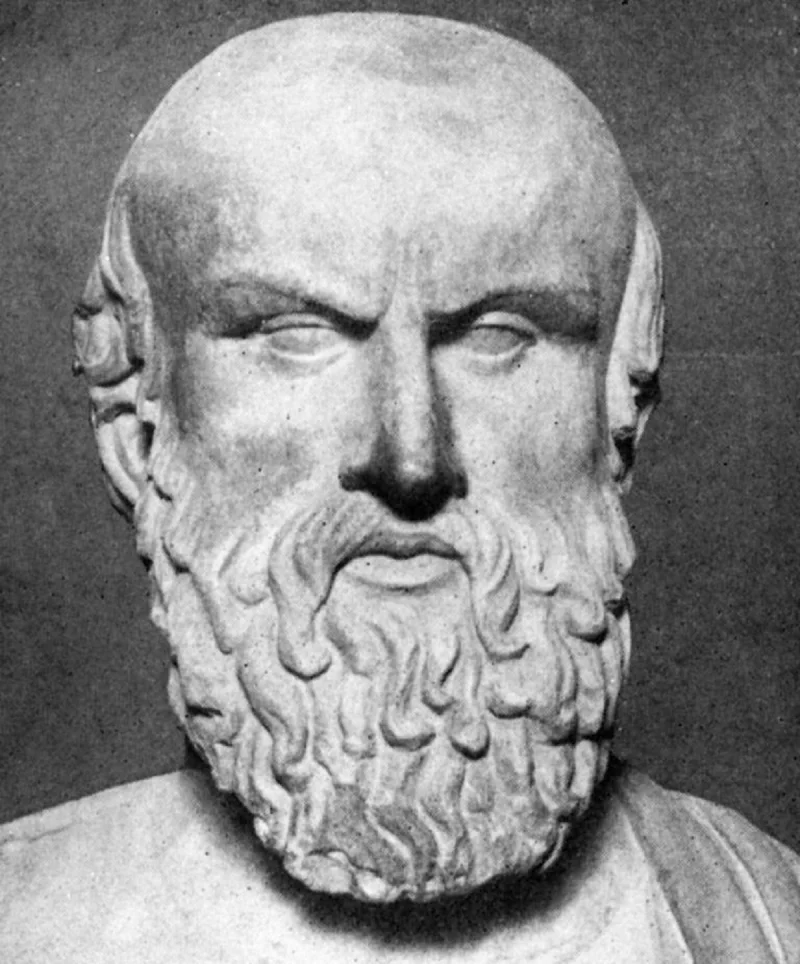Short Summary
Hipparchus was an ancient Greek astronomer, geographer, and mathematician who lived during the 2nd century BCE. He is most renowned for his pioneering work in astronomy, including the development of the first known star catalog in the Western world and the discovery of the precession of the equinoxes. His contributions laid the groundwork for future astronomical studies, earning him recognition as one of the greatest astronomers of antiquity.
Early Life & Education
Little is known about Hipparchus's early life and education. He was born around 190 BCE in Nicaea, Bithynia, which is present-day Iznik, Turkey. It is assumed that he received a comprehensive Greek education, which would have included studies in mathematics and philosophy, given the intellectual climate of the Hellenistic period. His early influences are not documented, but his later work suggests a strong foundation in earlier Greek astronomical and mathematical traditions. By the time he moved to Rhodes, he had already established himself as a significant figure in the field of astronomy.
Career Highlights
Hipparchus's career was marked by significant achievements in astronomy and mathematics. He is best known for compiling the first comprehensive star catalog, which listed about 850 stars with their apparent magnitudes and positions. His work on the precession of the equinoxes, identifying the slow shift in the orientation of Earth's axis, was groundbreaking. Hipparchus also made strides in trigonometry, developing a chord table that was essential for astronomical calculations. His observations and methodologies were influential for future astronomers, including Ptolemy, who built upon his work.
Major Achievements
- Compiled the first known star catalog, listing approximately 850 stars.
- Discovered the precession of the equinoxes, noting the gradual shift in Earth's rotational axis.
- Developed trigonometric methods and a chord table for solving astronomical problems.
- Calculated the length of the solar year with remarkable accuracy.
- Made significant contributions to the understanding of lunar and solar motions.
Famous Quotes
- Unfortunately, no direct quotes from Hipparchus have survived.
Interesting Facts
- Hipparchus's work on trigonometry laid the foundation for later developments in the field.
- The lunar crater "Hipparchus" is named in his honor.
- His observations were primarily conducted on the island of Rhodes.
- He may have invented the astrolabe, an ancient astronomical instrument.
Legacy / Influence
Hipparchus's legacy is profound, as his work established fundamental principles in astronomy and mathematics that influenced future generations. His star catalog and discovery of the precession of the equinoxes were pivotal for the studies of later astronomers, including Ptolemy, who frequently referenced Hipparchus's observations. His contributions to trigonometry also provided essential tools for astronomical calculations, solidifying his reputation as a pioneering figure in the history of science.
FAQ
Q: Why is Hipparchus famous?
A: He is famous for his work in astronomy, including creating the first star catalog and discovering the precession of the equinoxes.
Q: What did Hipparchus contribute to mathematics?
A: He developed early trigonometric methods and tables that were crucial for astronomical calculations.
Q: Where did Hipparchus conduct most of his observations?
A: Most of his observations were conducted on the island of Rhodes.













